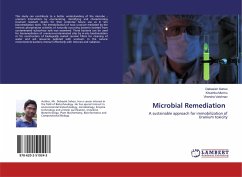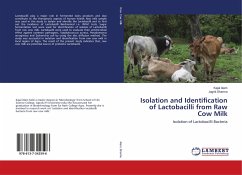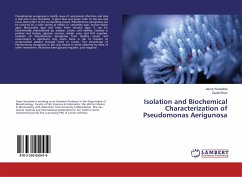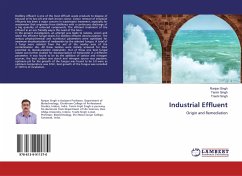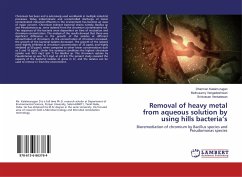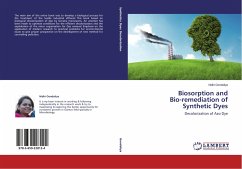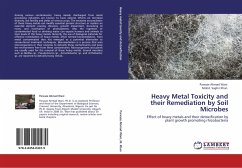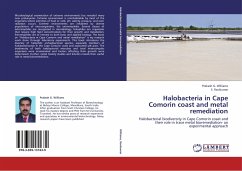This study can contribute to a better understanding of the microbe - uranium interactions by enumerating, identifying and characterizing Uranium resistant strains for their potential future use as in situ bioremediation tools. The immobilization of toxic uranium mediated by the intrinsic phosphatase activities of naturally occurring bacteria isolated from contaminated subsurface soils was examined. These bacteria can be used for bioremediation of uranium-contaminated sites by in-situ biostimulation or for construction of biologically coated ceramic filters for cleaning of water and soil resources polluted with uranium. In the natural environments bacteria interact effectively with minerals and radiation.
Bitte wählen Sie Ihr Anliegen aus.
Rechnungen
Retourenschein anfordern
Bestellstatus
Storno

